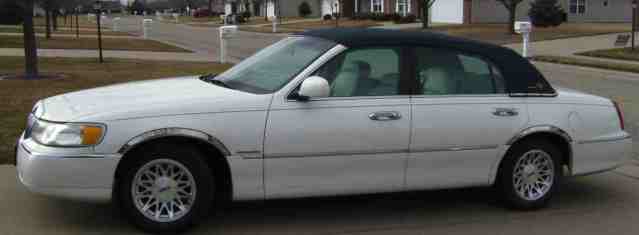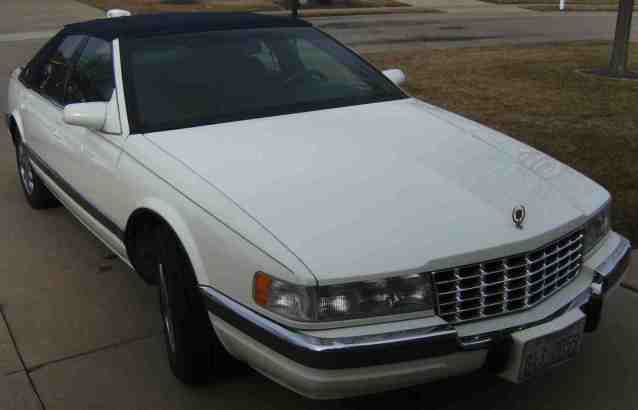I take the "save on vehicle costs" from a different standpoint. Buying the vehicle in the first place.
Together, my cars are 47 years old.
98 Town car bought 2000 w.14,000 miles for $17000... now 110,000 mi.
96 Cadillac SLS bought 2006 w/35000 mile for $5000... now 67,000 mi.
96 Mercury Grand Marquis bought 2011 w/60,000 mi $2500 now 63,000 mi.
Total current book value probably less than $5000 for all three.
We love big cars, the luxury ride, roomy cargo space (travel back and forth to FL, and the extra gee gaws... including premium sound systems.
Total shop cost for all three together, about $4,000... I do brakes, fluids, and small stuff. Website for almost any kind of repair possible. Like ignition problem in the SLS... $700 quote from dealer... solved with a $.75 resistor from Radio Shack (and some incredible pretzel body twists to get to it.
We bought the Marquis as "insurance" in case of major problems with either the Lincoln or the Cadillac, thinking it was better to buy when we didn't need it , than to HAVE to buy under pressure. Right now, except for one missing hubcap, all are in excellent condition. BTW... neither the Caddy nor the Marquis ever spent a night outside of a garage. (Estate Cars).
I run regular gas in all cars, get good mileage (for big old cars) and never have a ping. The Caddy gets 29mpg under cruise control, and for an old geezer like me, has plenty of pep 0-60 in 6.4 sec.
I expect 150M miles on the Cadillac, 175M miles on the Lincoln, and 150M miles on the Marquis. @ 10,000mi. per yr. avg driving, we'll never get a chance to buy a new car... Sad

Bummer...

 ).....
).....

